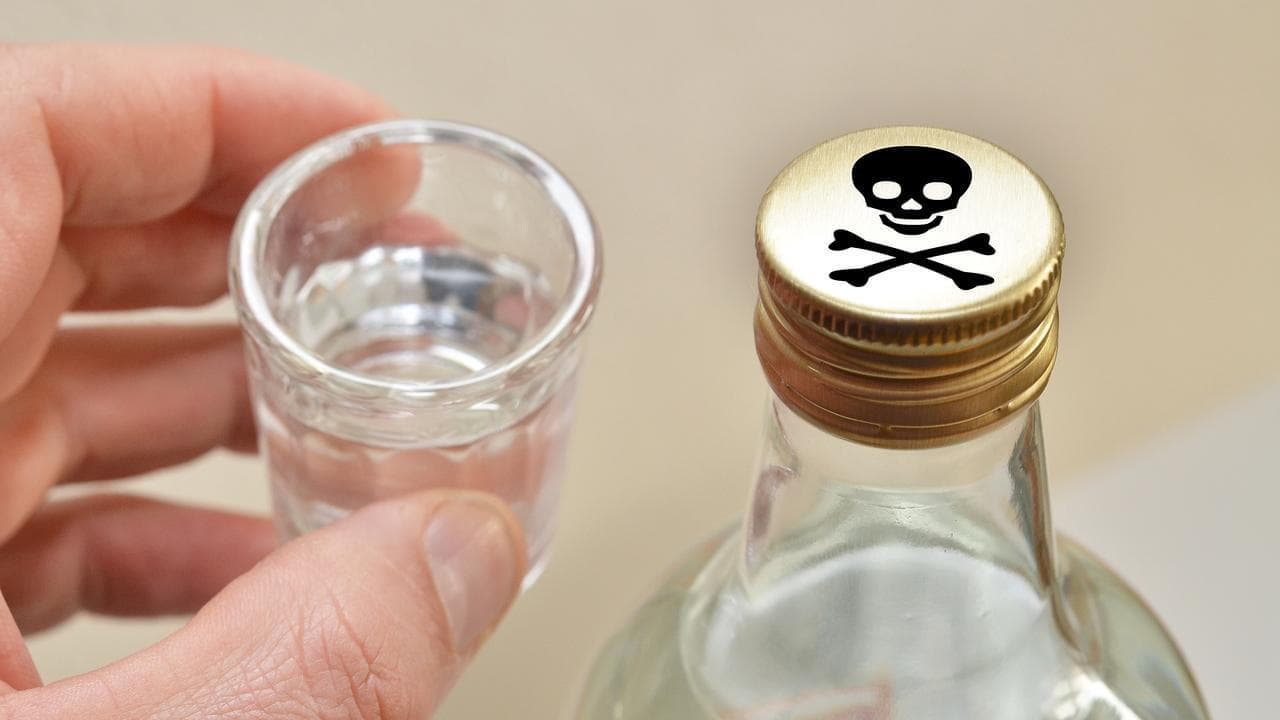WHAT WAS CLAIMED
A rise in ocean temperatures is helping coral reefs to survive.
OUR VERDICT
Mostly False. While some corals will survive and even prefer warmer waters, global coral coverage has decreased largely as a result of rising temperatures.
A video posted on Facebook claims warming ocean temperatures are not harming but instead helping coral reefs to survive.
The video was posted to the Australian Climate Sceptics Group on May 23 with the caption: "Colder climates actually kill coral reefs, not warmer climates."
The narrator of the video (hosted on Rumble) makes a number of claims, including that "over the shorter term, the little bit of warming we have gained is actually helping the corals to survive our relatively cold earth" (video mark 3min 4sec).
While making the claim he points to a graph showing the ice sheet surface temperature from the Greenland ice core over the past 8000 years to show temperature trends.
The claim is mostly false. Experts say some corals will survive and even prefer warmer waters, but overall rising ocean temperatures are causing an increase in bleaching events and contributing to a decline in coral cover worldwide.
Increased ocean temperature caused by climate change is the leading cause of coral bleaching.
Bleaching occurs when corals become stressed due to environmental changes, such as rising ocean temperatures and pollution. Bleached corals can die if the environment does not quickly return to normal.
The Global Coral Reef Monitoring Network's Status of Coral Reefs of the World: 2020 report says there has been a steady decrease in the global average cover of hard coral since 2010.
The report identifies a strong association between increases in sea surface temperatures and the decline in the global average coral cover resulting from large-scale bleaching events (page 18).
Howard Lasker, a professor emeritus at the University at Buffalo who specialises in coral reef organisms, described the video's claim as "egregious".
"We know that temperature extremes, which now occur with increasing frequency, cause bleaching," he said.
"Many coral colonies die as a result of bleaching. Some do survive, but the reefs that are left are a sad shadow of the community that was there before mass bleaching started occurring."
Dr Lasker says some corals have been able to recover from bleaching events and continue to survive in warm waters, such as reefs in the Persian Gulf. But he says those reefs "do not come close to approaching the size and diversity of the world's biggest reefs".
"More importantly at the rate we are warming the oceans it is not at all clear, and I would say unlikely, that corals at any single locality can adapt to the changes."
Morgan Pratchett, a coral reef ecology expert at James Cook University's ARC Centre of Excellence for Coral Reef Studies, says corals can grow faster in warm water.
However, Professor Pratchett says as corals are exposed to temperatures that exceed their current tolerances, temperature stress is leading to large-scale bleaching episodes and mass coral mortality.
"There will be some corals that survive and may indeed flourish in a warmer world, but in the meantime we have to ask, are we happy to lose most of the current coral species?" he told AAP FactCheck in an email.
Australian Institute of Marine Science coral ecophysiologist Neal Cantin agrees.
"There is a temperature dependent relationship between coral growth, coral calcification and reef building, where warmer oceans will support faster growth, up to a point," Dr Cantin told AAP FactCheck in an email.
He says that point is usually about two degrees Celsius below the local summer maximum, but can vary depending on the coral species and location.
"Above this optimal local temperature range, warm temperature anomalies begin to cause more stress for corals," Dr Cantin said.
"When coral bleaching occurs, the rate of ocean warming is no longer beneficial to corals and becomes a risk to coral survival."
Numerous studies from around the world have shown the impact of rising ocean temperatures on coral reefs. A 2016 study which looked at trends from the mid 1980s found the frequency of bleaching-level thermal stress increased three-fold between 1985–91 and 2006–12.
A 2018 study revealed the damage to the Great Barrier Reef following marine heatwaves, while an Australian Institute of Marine Science study from 2012 reported that cyclones - which also damage coral reefs - have increased in intensity as ocean temperatures rise.
AAP FactCheck has previously debunked other claims about coral reefs here and here.
The Verdict
The claim that rising ocean temperatures are helping coral reefs to survive is mostly false. While experts say some corals will survive and even prefer warmer waters, increased temperatures have had a devastating impact on most coral species, leading to mass bleaching episodes and mass coral mortality.
This is supported by data that shows the global average of hard coral cover has decreased largely as a result of warming water temperatures.
Mostly False - The claim is mostly inaccurate but includes minor elements of truth.
AAP FactCheck is an accredited member of the International Fact-Checking Network. To keep up with our latest fact checks, follow us on Facebook, Twitter and Instagram.












